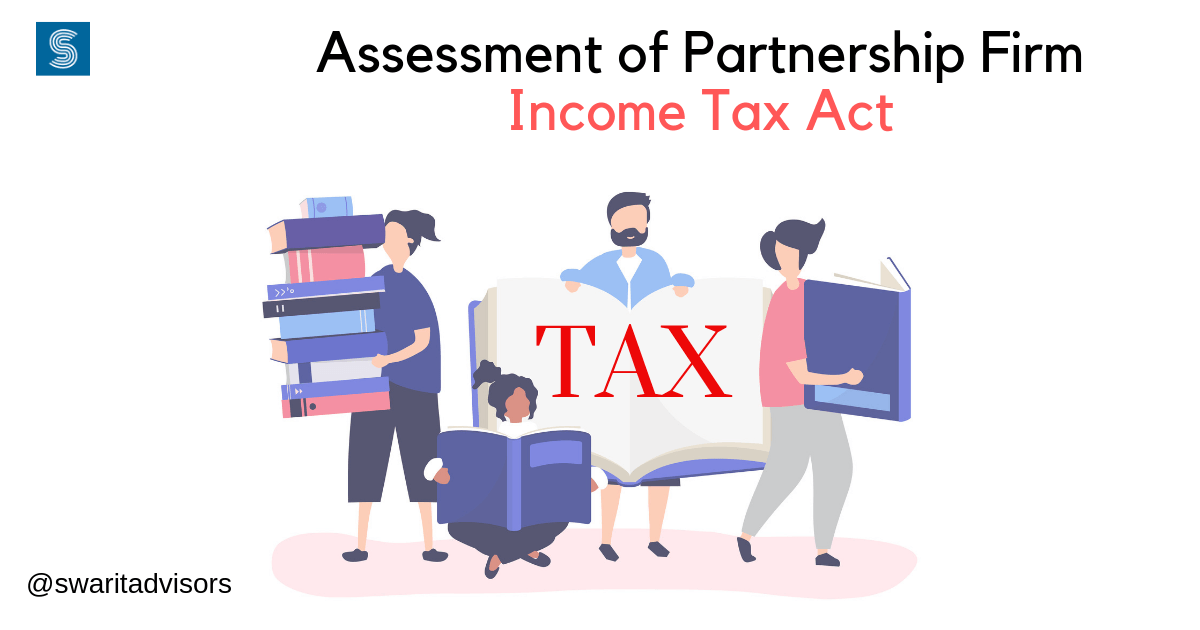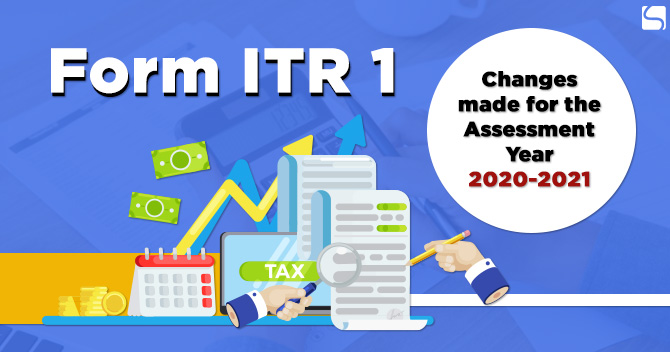What is the procedure of Income Tax Return Filing for Trust?

Dashmeet Kaur | Updated: Feb 27, 2020 | Category: Income Tax
In India, Non-Profit Organizations (NPOs) can be registered as a Society, Trust or Section 8 Companies. The sole purpose of such organizations is to undertake public welfare activities for a charitable object. A Trust is an entity that aims to develop and propagate religious and charitable purposes. Such establishments do not engage in any commercial activities. Therefore, Trust avails several tax benefits under Income-Tax Act, 1961. This write-up will guide you about the process of Income Tax Return Filing for Trust along with its benefits.
Table of Contents
An overview of Trust in India
Trusts have been subsisting in the traditional roots of India since the ancient era. In those times, Dharamshalas, educational and medical institutions were built to serve the society. Later with the advent of the contemporary sphere, the term Trust came into existence with a broader aspiration.
As per Section 3 of Indian Trust Act, 1882 [1] “A Trust is an obligation annexed to the ownership of property and arising out of a confidence reposed in and accepted by the owner, or declared and accepted by him, for the benefit of another or of another and the owner.” It implies that a Trust is an arrangement wherein the Settlor (author of the Trust/Trustor) transfers the property to another person (Trustee) for the benefit of a third person (beneficiary).
Types of Trusts
The Trusts are categorized in two forms which are as follows:
- Private Trusts– Indian Trusts Act, 1882, governs and regulates the functions of a Private Trust. It has the fundamental goal to safeguard the interest of those beneficiaries who are incapable of protecting their interest. In Private Trust, the beneficiary belongs to a narrow and minor specific group. In the Private Trust, the beneficiaries and their required shares can be ascertained.
- Public Trust-The Public Trusts are subdivided into Charitable and Religious Trusts. In the Public Trust, the beneficiaries make up a large or substantial general public. The Public Trusts vest the interest to beneficiaries who are uncertain and fluctuating bodies. The central focus of Public Trusts lies in educational, religious, scientific or charitable purposes.
Eligibility to avail Tax Exemptions under Income Tax Act
Income Tax Act, 1961 has set some conditions to grant tax exemptions to the Charitable Trusts. Let’s look at the prerequisites to be eligible for tax exemptions:
- The Trust must be registered as a Charitable Trust with the Commissioner of Income Tax which is eligible for exemption under the Act. Further, the Registration should be done as per the guidelines prescribed in Section 12A.
- The property of the Trust should have been bound by a Trust Deed or other similar legal obligation.
- The sole purpose of holding the Trust should be religious or charitable.
- A Trust must not be formed for the benefit of any particular caste group or religious community.
- The income of the Trust should not be used for the benefit of the Settlor or any close relative of the Settlor.
- The Trust will get an exclusive tax exemption for the income which is applied to flourish charitable or religious purposes.
- If a Trust’s income exceeds the basic exemption limit, then it must submit the books of accounts for Audit. In such a case, the income refers to the total earnings of the Trust.
- Income Tax Return Filing is applied if the Trust exceeds the basic exemption limit. The due date to file the return varies on multiple factors associated with the Trust.
- The Trust may earn accumulated income for the future investment of funds. In such a case, the accumulated income shall be invested separately. Also, the mode of investment should comply with the provisions of Income Tax Act.
Taxpayers in Income Tax Return Filing for Trust
Any Trust that has a gross total income of more than the basic exemption limit must file returns as per the Act. However, the Trusts listed below are required to file their Income Tax Returns irrespective of their income:
- Association or Institution
- News Companies
- Research Associations
- Investor Protection Fund
- Securitization Trust
- Institutions or Funds
- Core Settlement Guarantee Fund
- Universities or Educational Establishments
- Mutual Funds
- Investor Funds for the protection of investors
- Venture Capital Fund/Company
- Business Trusts
- Debt funds
- Trade Unions
- Authority/ Board/Body/ Commission/ Trust
Procedure to File Income Tax Return for Trusts
The Charitable Trusts can file Income Tax online by using either ITR 5 or ITR 7. The Trust is required to file ITR 5, if its gross income exceeds the basic exemption limit whereas the Trust is required to file ITR 7, if it falls under the category of mandatory filing of Income Tax Return under Sections 139(4A), (4B), (4C), (4D),(4E) or (4F) of Income Tax Act.
Due Dates for Filing Trust Income Tax Return
Here are some important deadlines that every Trust must keep in check with:
- September 30– When a Trust has to get its accounts audited by a CA under Income Tax Act or any other law.
- November 30- When the Trust is expected to file Form No. 3CEB. Form 3CEB applies to a situation wherein; the Trust has entered into several types of party transactions.
- July 31- If the Trust does not need to get its records or accounts audited by a CA, then this is the deadline for filing ITR.
Penalties imposed on Trusts for not filing ITR
If a Trustee fails to file an Income Tax Return after the due date, then he may have to bear the penalties mentioned below:
- Penalty for late Return Filing– The Trust has to pay a penalty of 5% of the tax due each month during which it has not filed the Return. It will continue to accrue until a maximum of 25% of the unpaid tax.
- Penalty for paying late Income Tax- If a Trustee fails to pay the tax on time, the IRS imposes a penalty of ½ or 1% of the unpaid amount for each month.
- Penalty for not providing information on time- In case, the Trustee does not provide a Schedule K-1 to a beneficiary, the IRS shall impose a penalty of $100 for each time he fails to issue by the due date.
- Additional penalties- The IRS may also impose some additional penalties for infringement like fraud, negligence or substantial understatement of tax.
Conclusion
In case, you want the legal assistance of competent Chartered Accountants in filing your ITR, contact Swarit Advisors. Our team of experienced Chartered Accountants can help you in the accurate computation of Income Tax, savings on tax etc.
Also, Read:Input Tax Credit under GST














